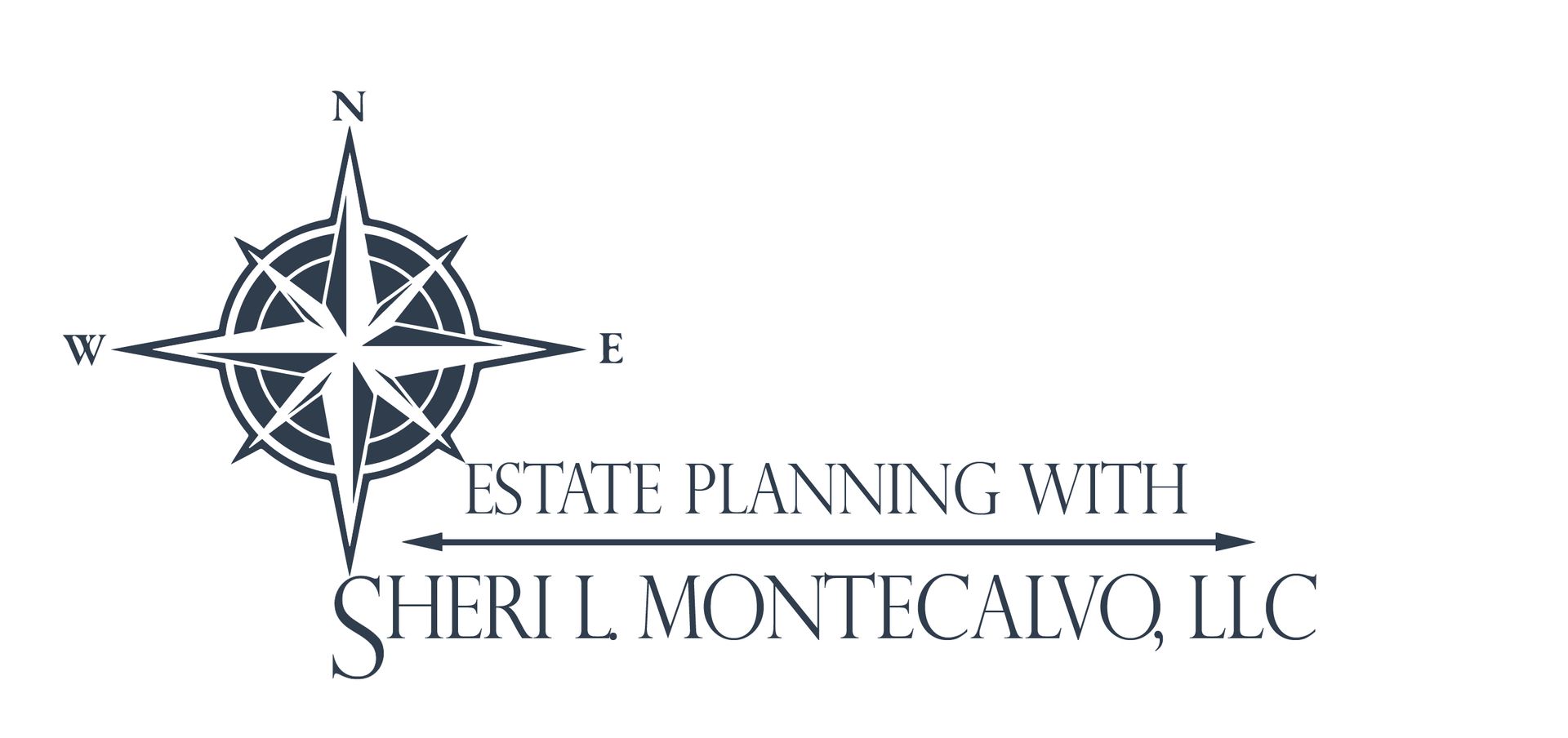Probate & Trust Administration
Probate & Trust Administartion
The emotional trauma brought on by the death of a close family member often is accompanied by bewilderment about the financial and legal steps the survivors must take. The spouse who passed away may have handled all of the couple's finances.
Probate & Trust Administration
Estate administration is the process of managing and distributing a person’s property (the “estate”) after death. If the person had a will, the will goes through probate, which is the process by which the deceased person's property is passed to his or her beneficiaries (people named in the will). The entire process, supervised by the probate court, usually takes about a year. However, substantial distributions from the estate can be made in the interim. The emotional trauma brought on by the death of a close family member often is accompanied by bewilderment about the financial and legal steps the survivors must take. The spouse who passed away may have handled all of the couple's finances. Or perhaps a child must begin taking care of probating an estate about which he or she is not knowledgeable about. This task often comes on top of commitments to family and work that can't be set aside. When you're ready, meet with an attorney to review the steps necessary to administer the deceased's estate. Bring as much information as possible about the decedent’s family, assets, finances, taxes and debts. The exact rules of estate administration differ from state to state. In general, they include the following steps:
1. Filing the Will and Petition at the Probate Court in order to be appointed executor/executrix or personal representative. In the absence of a will, heirs must petition the court to be appointed the
administrator/admininstratrix of the estate.
2. Marshaling, or collecting, the assets. This means that you have to find out everything the deceased owned. You need to file a list, known as an "inventory," with the probate court. When the timing is
appropriate, it's generally best to consolidate all the estate funds to the extent possible. Bills and bequests should be paid from a single estate checking account, either one you establish or one set up by your attorney, so that you can keep track of all expenditures.
3. Paying Bills and Taxes. If a state or federal estate tax return is needed it must be filed within nine months of the date of death. If you miss this deadline and the estate is taxable, penalties and
interest may apply. If you do not have all the information available in time, you can file for an extension and pay your best estimate of the tax due.
4. Filing Tax Returns. You must also file a final income tax return for the decedent and, if the estate holds any assets and earns interest or dividends, an income tax return for the estate. If the estate does earn income during the administration process, it will have to obtain its own tax identification number in order to keep track of such earnings.
5. Distributing property to the heirs and beneficiaries. Generally, executors do not pay out all of the estate assets until the period runs out for creditors to make claims, which can be as long as a year after the date of death (RI has a 6-month creditor period). After the expiration of the creditor
period, once the executor understands the estate and the filed claims, he or she can distribute most of the assets, and the costs of closing out the estate.
6. Filing a Final Account. The executor must file an account with the probate court listing any income to the estate since the date of death and all expenses and estate distributions or an Affidavit of Complete Administration. Once the court approves this final account, the executor can distribute whatever is left in the closing reserve and finish his or her work. Some of these steps can be eliminated by avoiding probate through joint ownership or establishing a trust plan. Regardless, whoever is left in charge still has to pay all debts, file tax returns, and distribute the property to the rightful
heirs/beneficiaries. You can make it easier for your family by keeping good records of your assets and liabilities.
Estate Planning With Attorney Sheri Montecalvo
We have been providing expert legal advice for more than 18 years. We are licensed in RI, MA and CT. Schedule a complimentary consultation today for all of your estate planning needs!
Get In Touch
sheri.montecalvo@epwithsheri.com
272 W. Exchange St. Suite 001
Providence, RI 02903
200 Midway Road, Suite 169,
Cranston, RI 02920
Menu
Practice Areas
Copyright © 2024 Estate Planning with Sheri L. Montecalvo, LLC. All rights reserved | DISCLAIMER


